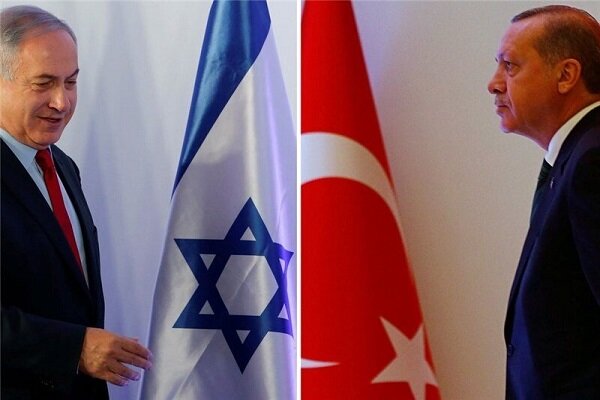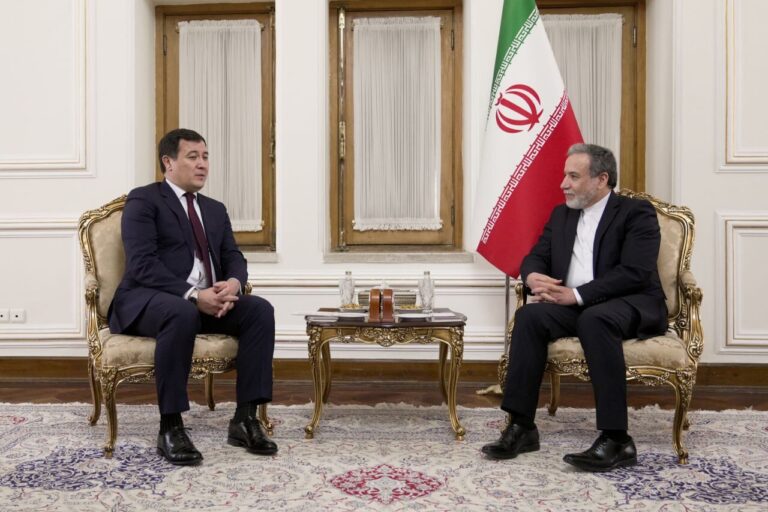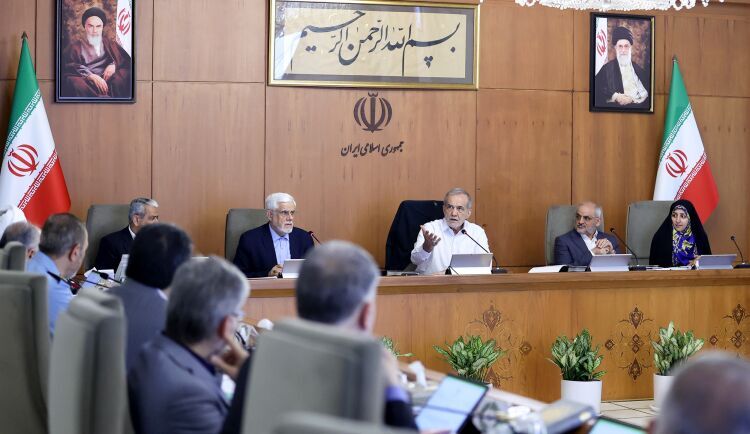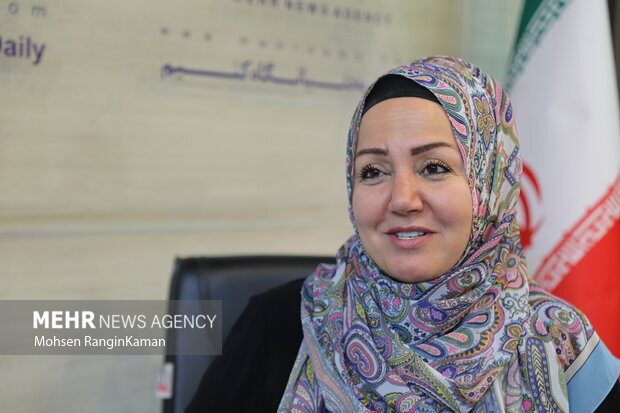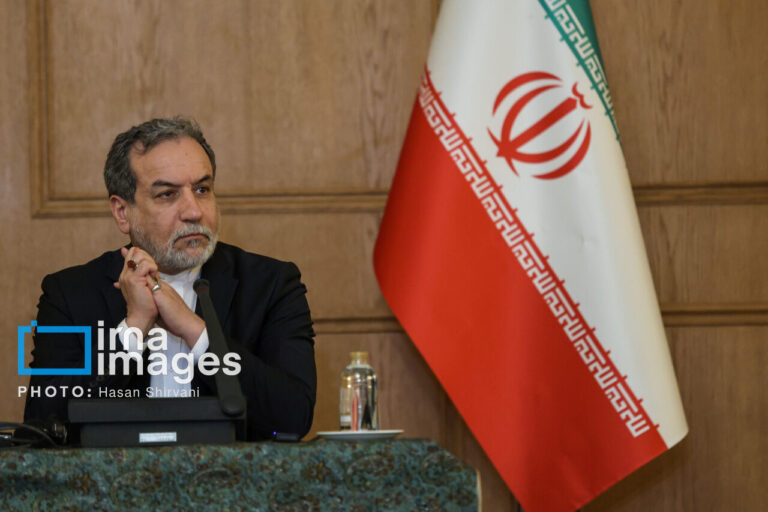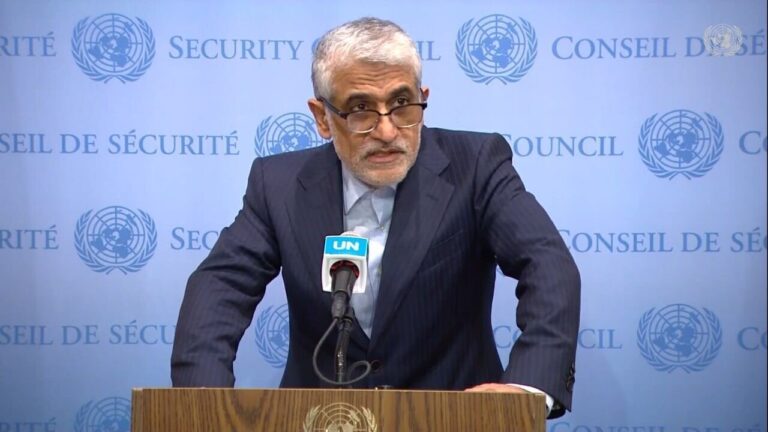Unveiling Tensions: Israel and Turkey’s Clash Over Syria Explained
In the ever-evolving landscape of Syrian politics, the implications of Bashar al-Assad’s government falling and the emergence of Abu Muhammad al-Julani’s regime are profoundly influenced by external forces, notably the Zionist regime. Despite efforts by the new government in Damascus to reassure Israel, confidence remains low.
The Zionist regime has consistently viewed the unity and growth of Syria as a significant threat, regardless of which party holds power in Damascus. This ongoing concern is particularly heightened regarding Turkey’s influence in Syria, especially through military reconstruction efforts.
Recently, a joint statement was released by Israeli Prime Minister Benjamin Netanyahu and War Minister Israel Katz, reiterating their commitment to supporting Syria’s Druze community. They expressed their determination to prevent the extremist regime of Julani from posing a threat to the Druze population, which highlights the tense dynamics between Turkey and the Zionist regime within Syrian territory.
Here are some key points regarding the situation:
- The Zionist regime’s fears are primarily focused on Turkey’s growing influence in Syria.
- Turkey aims to resolve issues with the Kurdish Democratic Forces through the new government in Damascus.
- The resolution of Kurdish issues is closely tied to the presence of American forces in northeastern Syria.
- Israel appears to support the maintenance of Kurdish forces in the region to counteract Turkish influence.
Despite the complexities, there is no immediate expectation of military confrontation between Turkey and Israel in Syria. Turkish officials have made it clear that they are not seeking such a conflict, even as relations between Turkey and the Israeli regime have soured.
Moreover, the Zionist regime is actively pursuing strategies to draw Russia into its camp to counteract Turkish expansion in Syria. This includes proposals to ensure the continuation of Russia’s military presence, particularly in coastal regions, to maintain a neutral zone that serves Israel’s interests.
As these geopolitical tensions unfold, the situation remains fluid. The interactions between Turkey, Israel, and Syria will continue to shape the future landscape of this tumultuous region. The focus on the Druze community and the ongoing influence of external powers like the United States and Russia will play pivotal roles in determining the outcomes of these complex dynamics.
In summary, the evolving power dynamics in Syria highlight the intricate relationships and strategic interests at play. The influence of the Zionist regime, alongside Turkey’s ambitions and the involvement of major global powers, will be critical in shaping the future of Syria. The stakes are high, and the implications are far-reaching, not only for Syria but for the broader Middle Eastern context.
